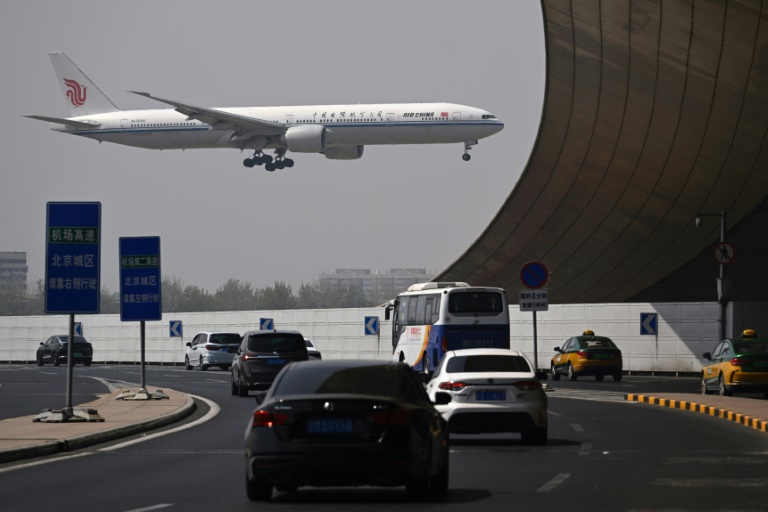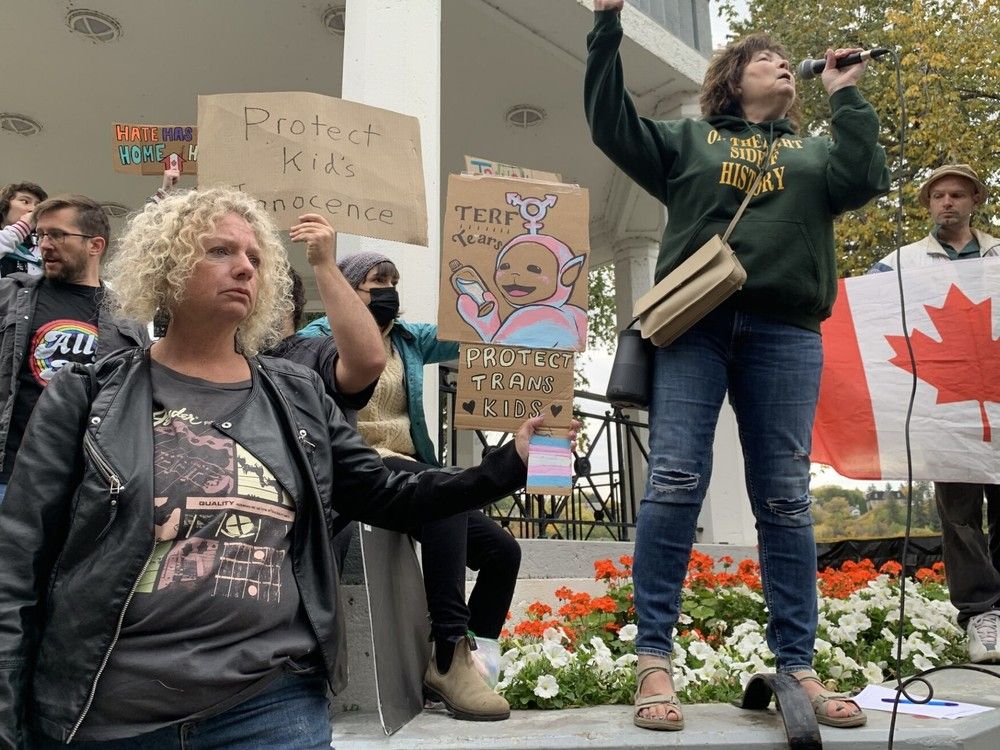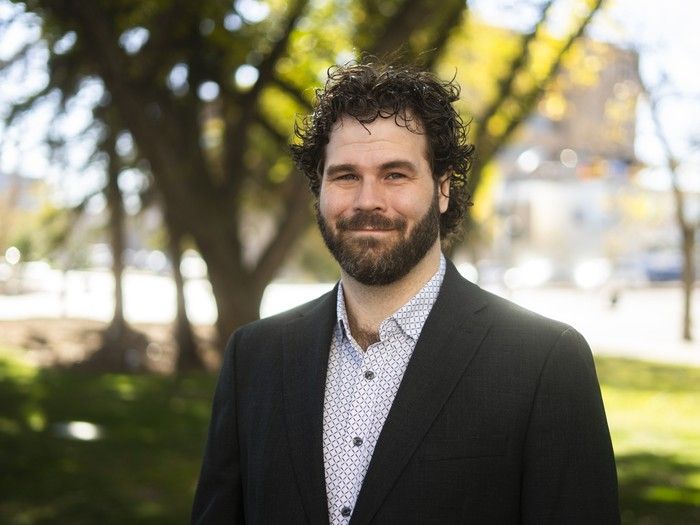In 1978, the San Francisco Giants announced a nickel price increase on hot dogs and beer, bringing prices to 80 cents and 90 cents, respectively, to pay for new concession equipment.One fan, Ron Gordon, took umbrage. He calculated that the price increase would deliver a windfall for concessionaires well above the cost of the new equipment, and embarked on a nationwide campaign to fight the hike.
He succeeded. The Giants rolled back the price increase on hot dogs, and President Jimmy Carter’s chief inflation adviser wrote him a letter hailing his efforts as heroic.While I can’t claim to be a modern-day Ron Gordon, my background compels me to take on a similar fight against ever-increasing concession prices.

I played Division 1 college baseball until my career ended because of an injury. I still love the game, but our national pastime, like other major professional sports, is big business. The league brought in $12.
1 billion in revenue last year, and the top five professional sports leagues in North America brought in nearly $60 billion combined.While team valuations climb ever higher, and billionaire team owners get richer, it has become increasingly unaffordable for a family. All in all, a family of four can expect to spend an average of $240 for tickets, concessions and parking at a Major League Baseball game.
An NFL game will set them back a whopping $631. Those costs are out of reach for many fans, and if younger ones aren’t exposed to the game early, they may never develop the love that I did.Better deal for fansWe need to change things.
These days, sports stadiums are nearly always backed by taxpayer funding at the local, state and federal level, meaning fans are footing the bill on both ends. These deals promise economic development and community benefits that too often fail to materialize. But we can stop publicly funded venues from ripping off families and future fans, who are often barred from bringing their own food and drink in for an affordable snack.
Policymakers should institute “street pricing” for venues that are funded by taxpayer dollars. This means that vendors can only charge prices that are comparable to the same items outside the stadium.Nearly 80% of airports (also heavily funded by public dollars) are covered by some form of “street pricing plus.
” But as the infamous $9.99 LaGuardia airport Chex Mix proves, these policies are often ridiculous and rarely enforced.Stadiums and arenas are often financed by private activity bonds, which are tax deductible.
As a condition of getting tax exemptions, venues financed by these bonds should be required to have strict street pricing policies.State and local policymakers should demand street pricing as part of any negotiated economic development deals for building or updating new venues and stadiums. And the Federal Aviation Administration should condition airport funding on street pricing policies and enforcement.
A clear home runThis is not just a pro-consumer idea. It’s pro-business and a good way to get every member of the family to become a fan.The proof is in the pudding (or maybe an ice cream helmet), as many teams have voluntarily instituted limits on concession prices.
When the new Mercedes-Benz Stadium opened in 2017, the Atlanta Falcons instituted a fan-friendly pricing model, cutting concession prices by 50% compared to their previous stadium, offering $2 hot dogs and $5 beers. The discount has paid off as transactions, revenues and merchandise sales remain high, and the team’s fan experience tops the NFL.Portland International Airport has had strict street pricing in place since the 1980s, and enjoys retail sales well above the national average.
Related ArticlesAdames hits first home run of season as SF Giants rout PhilliesWhy Harper, Schwarber, Turner believe Posey will excel as SF Giants’ team presidentLee’s two-homer day leads SF Giants to series win over YankeesSF Giants lose on frigid afternoon as Hicks allows career-worst seven runsHow SF Giants enjoyed unintended benefit from Friday’s rain-shortened winWhen the New York Times explained Ron Gordon’s quest for hot dog justice in 1979, they wrote that “(i)n an era of constantly rising prices and giant corporations, (Gordon) had set out to prove that a lone individual could make a difference.”Not much has changed in the intervening 47 years. At a time when attendance at MLB games tops 70 million people, team owners and concessionaires need to remember that the love of the game comes from those special memories we have at the ballpark — of a walk-off home run or a special souvenir they’ll bring home from Oracle Park.
Families are already getting squeezed by rising costs for everything from groceries to housing to utilities, and giant corporations institute ever-elaborate strategies and fees to get every last penny from consumers. Let’s not take away an affordable day at the ballpark. And let’s hope the billionaire sports owners remember that all we’re asking in return for huge public subsidies to build their stadiums is to offer fair and affordable concessions for loyal fans.
Alex Jacquez is the chief of policy and advocacy at Groundwork Collaborative and a former college baseball player. He wrote this column for CalMatters..
Politics

Opinion: How California can cut concession prices in taxpayer-funded stadiums

'Street pricing' policies will help make family outings more affordable and welcome future fans of the game.















